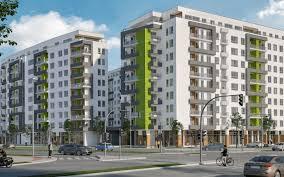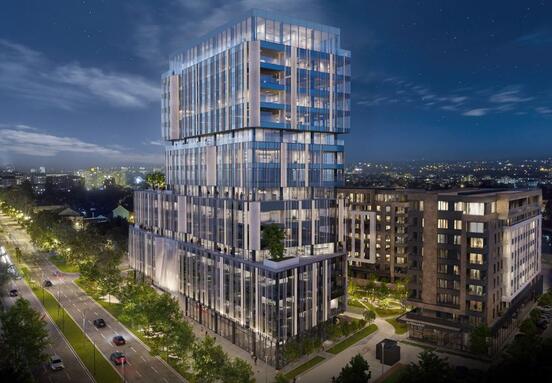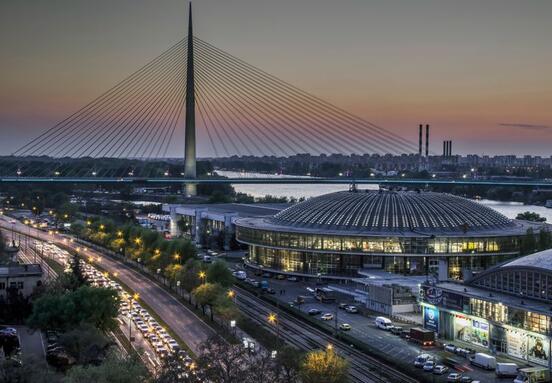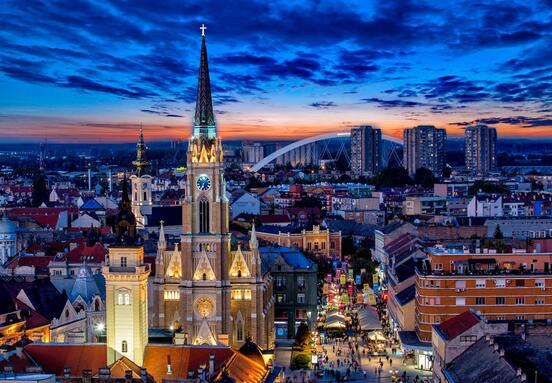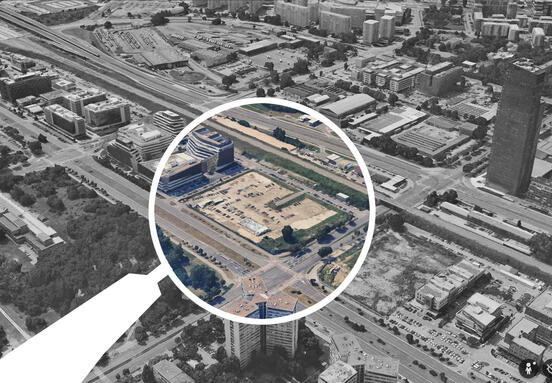During 2020, as many as 116,737 applications for building permits were submitted, which is 8.0 percent more than in 2019.
The officials in charge of processing requests also maintained efficiency, and by February of this year, 98 percent of requests were resolved, of which 86 percent with a positive outcome, is the conclusion of the Annual Report of NALED's Alliance for Property and Investments.
According to NALED data, Sremska Mitrovica, Novi Sad, Sombor, Kragujevac and Sabac were on the list of the most successful cities in issuing construction permits last year.
Among the municipalities with the number of requests higher than the national average, the champion positions went to Sopot, Novi Becej and Surcin, while among the municipalities with the number of requests below the national average, Svrljig, Beocin and Lajkovac were the most efficient.
"When it comes to the speed of issuing building permits, it is noticeable that the average deadlines slightly exceed the deadlines prescribed by law, but it is also encouraging that the average deadline for resolving applications has decreased for all types of permits compared to 2019," said Jovan Purar. for property and investments and the director of the company MK Group.
For example, while it took nine days to issue a building permit the year before last, in 2020 the same procedure was shortened to seven working days, he added.
"On the other hand, it is worrying that 15 percent of cities and 12 percent of municipalities are still late in processing all types of permits," Purar said, according to a statement from NALED.
Delays are greatest with the issuance of use permits, which cities issue on average in 11 days and municipalities in seven, although the legal deadline is five days.
The same deadline applies to building permits, but cities issue them on average in eight days. Otherwise, every tenth request submitted by citizens and investors is incorrect and requires refinement.
The Alliance for Property and Investments also sent initiatives to the Government of Serbia and relevant institutions for resolving the issue of property in Serbia and improving the conditions for construction and investments.
Among them, there are proposals for enabling free registration in the cadastre in the next two years in order to encourage citizens to register real estate, repeal the law on conversion that does not achieve the goals for which it was passed and block construction, extend the deadline for legalization and enable mass legalization where there are no disputes over real estate, as well as the development of the eSpace system for more efficient development of spatial and urban plans.
The Alliance also points out that the introduction of electronic registration for all types of companies has proven to be an urgent issue in the current health crisis.
In order to shorten bankruptcy proceedings that cannot be completed in less than two years in Serbia, it was proposed to eliminate unnecessary costs and shorten deadlines, and a proposal for a solution to disputes over cooperative land was sent to the Ministry of Economy.
Together with the Ministry of Mining and Energy, the Alliance for Property and Investment has started activities on the introduction of digital procedures in these areas (eEnergy and eMining) in order to speed up the issuance of permits and attract investment, as well as the adoption of new laws in the process. energy, mining and energy efficiency, as well as a special law on renewable energy sources.
The Alliance for Property and Investments is an expert body of NALED, founded in 2018, and currently has 45 members from the ranks of the economy, local governments and the academic community.
Source: seebiz.eu
